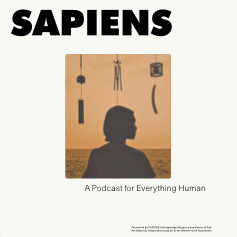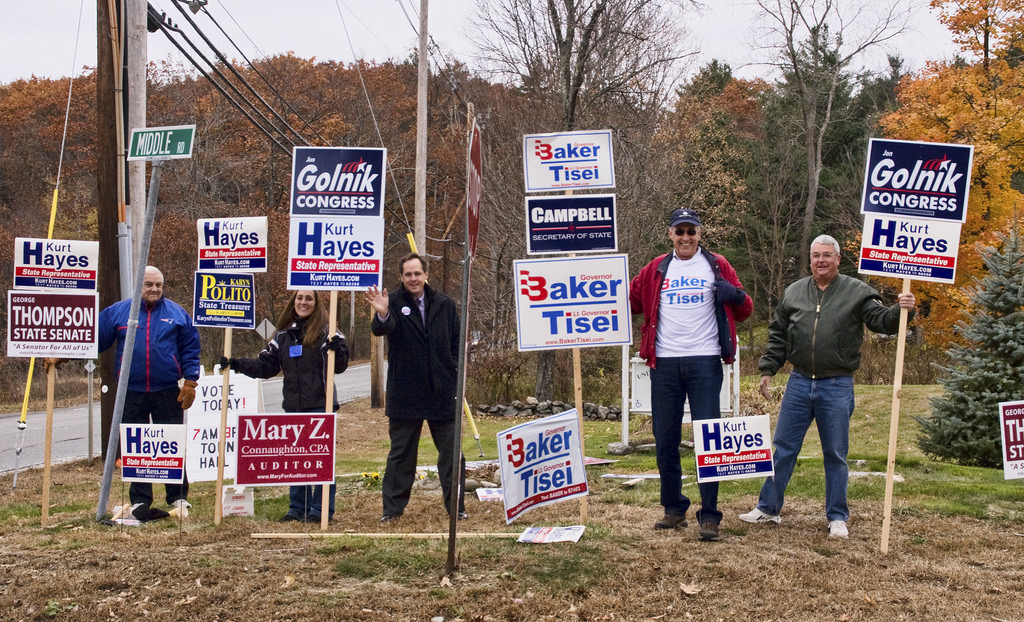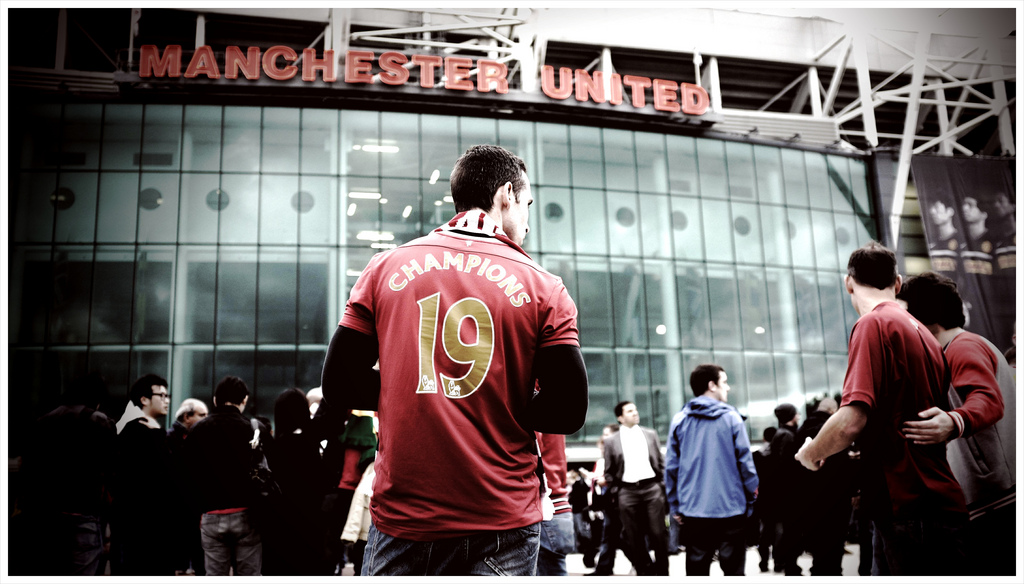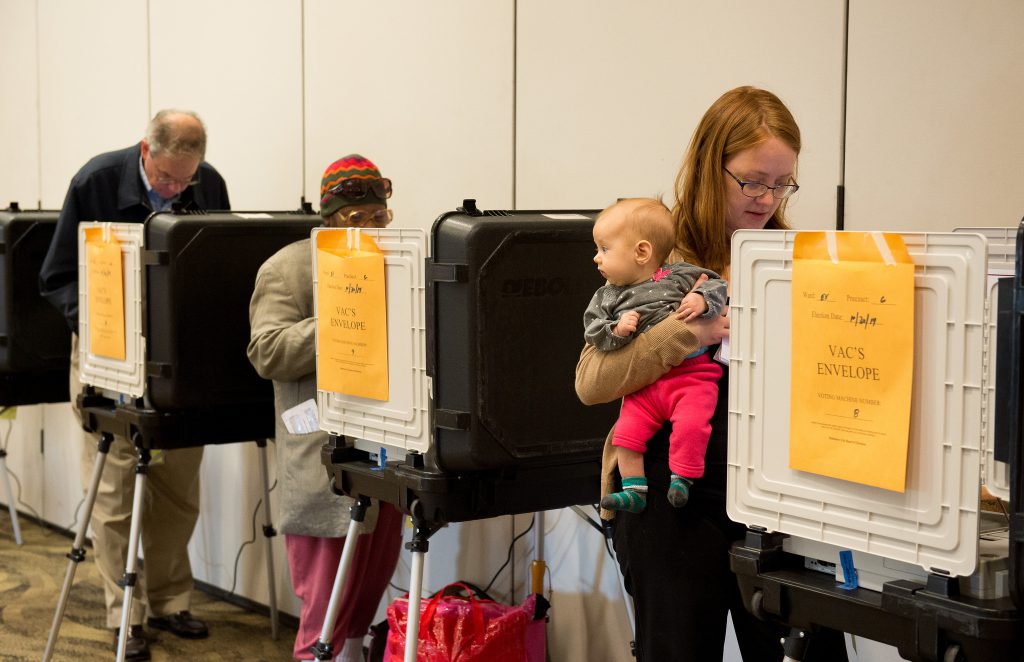How Did Humans Get So Good at Politics?
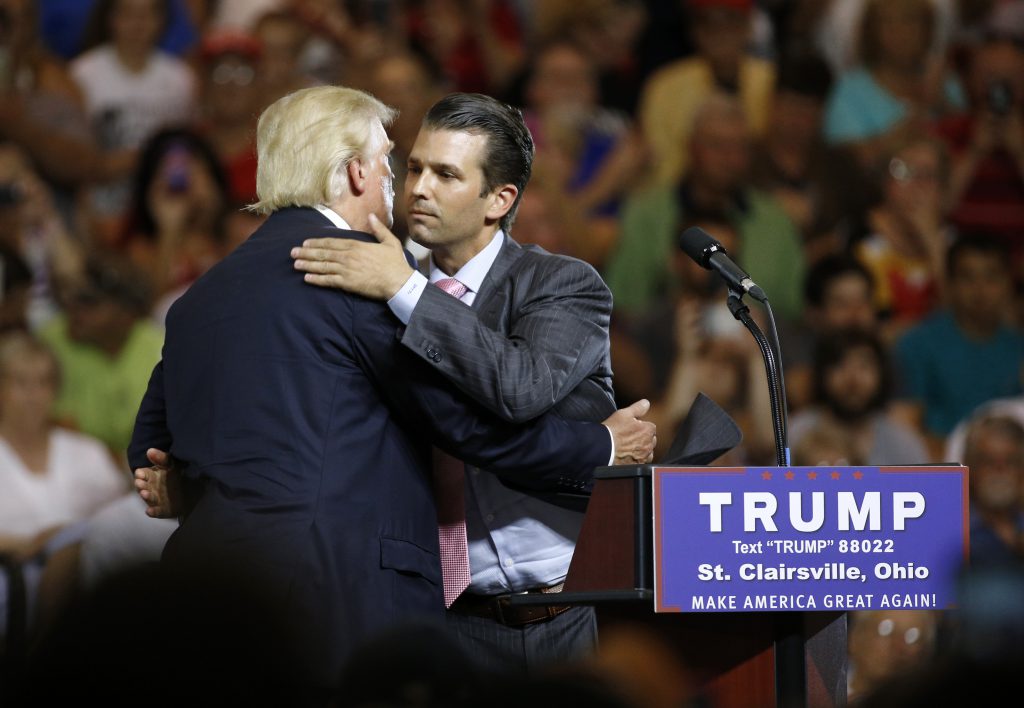
In July of this year, Donald Trump Jr. came under widespread criticism for having met in 2016 with a Russian lawyer who claimed to have dirt on the Democratic nominee for U.S. president, Hillary Clinton. In response, President Donald Trump tweeted: “Most politicians would have gone to a meeting like the one Don jr attended in order to get info on an opponent. That’s politics!”
Is he correct? Were the actions of the Trump campaign simply politics as usual? In order to answer that question, we need to consider what exactly makes humans such political animals.
The old adage that “politics makes strange bedfellows” has perhaps never been more apt than it is today. Not only professional politicians but also average citizens form and re-form coalitions as circumstances change. The 2016 U.S. presidential election provides good evidence of this in the form of voters who had supported incumbent President Barack Obama in 2012 but voted for Donald Trump in 2016. According to The Washington Post, more than 200 counties in the U.S. supported Obama in 2012 but went for Trump in the most recent election. Although such radical flip-flops may aggravate political activists and inspire a wide variety of after-the-fact explanations from political commentators, this kind of flexibility in how humans form and dissolve alliances is a key to our success as a cooperative and, more to the point, political species.
This is what we call “flexible coalitional psychology”—the ability to form strong bonds with various social groups but also to break those bonds and move on to other groups when we will benefit from doing so. This ability is a result of evolution. When individuals compete with one another, they often do so as part of groups that are defined in terms of shared culture traits, such as ideology, language, religious beliefs, or ways of dressing. Competition among culturally defined groups leads to what is known as cultural group selection, with some groups outcompeting others. This happens with everything from competing religions and nation-states to sports teams and small businesses. Because the welfare of individuals is often closely tied to that of the groups to which they belong, this puts pressure on individuals to identify successful groups and commit themselves to them.
However, because these groups are defined in terms of culture, they are often porous, with people coming and going from them as times change. For example, when people convert from one religion to another or change political party affiliations, they move from one culturally defined group to another. The permeability of culturally defined groups thus leads to another selective force on human psychology: At the same time that it is beneficial to ally oneself with successful groups, it is also a good idea to be open to the possibility that a better group might come along.
We approach this topic from two complementary perspectives. One of us, Lee Cronk, is an evolutionary anthropologist who is interested in how humans came to be so remarkably cooperative, particularly when compared to our closest nonhuman relatives. Beth Leech is a political scientist who studies how cooperation works in specific real-world contexts, particularly among the often competing but sometimes cooperative interests at work in Washington, D.C. As we discuss in detail in our book Meeting at Grand Central: Understanding the Social and Evolutionary Roots of Cooperation and in a recent article in Cognitive Systems Research, it is our species’ flexible coalitional psychology that makes politics as we know it—complete with flip-flops, realignments, and strange bedfellows—possible.
In order to fully understand this idea, we need to take a step back and look at the concept we based it on—coalitional psychology. Social psychology research has shown time and again that the human mind is predisposed to seek out coalitions. In a classic study that might have trouble getting past a present-day ethics panel, a group of social psychologists working in the early 1950s studied boys living in two widely separated cabins at a Boy Scout camp in Oklahoma. The researchers’ choices about which boys went into which group were arbitrary. Despite the random nature of group membership, when the two groups became aware of each other’s existence they quickly formed strong coalitions, labeling their groups the “Eagles” and the “Rattlers.” They also became rivalrous and competitive, with their mutual enmity at several points deteriorating into fistfights.
Other studies have shown that it is also surprisingly easy to get people to form strong coalitions in more controlled settings. For example, in the 1970s, the pioneering social psychologist Henri Tajfel and his colleagues had people rate paintings by Paul Klee and Wassily Kandinsky, and then they divided the participants into two groups based ostensibly (but not actually) on their preferences. Subjects who then had to divide a sum of money between members of their own group and the other group gave more to members of their own group. Cronk replicates this experiment every year in a class he teaches on cooperation, and it always works like a charm.
More recently, social psychologists in England focused on the coalitional psychology of soccer fans, in particular fans of Manchester United (MU). Participants who already had been identified as fans of Manchester United were given a series of questionnaires to heighten their sense of identification with the team and with their fellow fans. They were then asked to walk to a different building on campus for the second part of the study. As they were walking, a person playing the role of a jogger fell down and shouted as if in pain. The jogger wore one of three shirts: a Manchester United shirt, a plain shirt, or a shirt branded with the logo of MU’s bitter rival, the Liverpool Football Club (FC). All but one of the participants who saw a fellow Manchester fan fall down came to his aid, but only a third of the participants who saw a person in a plain shirt fall down came to his aid, and even fewer of them helped the Liverpool fan.
So far, the only thing this demonstrates is the strength of our psychological tendency to form coalitions. But phase two of the study showed how flexible the human mind can be in defining the groups to which we belong. In this case, the researchers again recruited Manchester United fans, but they gave them questionnaires that primed their sense of being football fans in general rather than Manchester fans in particular. This time both the Manchester United and Liverpool FC shirts elicited high rates of assistance compared to the plain shirt, demonstrating the ease with which people’s group identifications can be manipulated.
Anthropologists have also documented our flexibility in forming coalitions. In the early 1990s, professor John Q. Patton, from California State University, Fullerton, studied coalitions in the village of Conambo in the Ecuadorian Amazon, a setting where small-scale warfare is still common. Because there are no named lineages or chiefs, the political situation in Conambo is continually shifting in unpredictable ways. In such a setting, coalitions among males are both important and subject to frequent renegotiation. In many other societies, membership in a male coalition would be determined largely by kinship ties. However, because newlyweds in Conambo usually move in with the wife’s family rather than the husband’s, adult men in the community are typically unrelated or only distantly related.
In Conambo in the early 1990s, there were two distinct ethnic groups: Achuar and Quichua. Surprisingly, however, these ethnic identities did not determine all coalitional ties. Instead of creating alliances according to kinship or ethnicity, men in Conambo relied upon reciprocity to help them form their groups: You helped me recently, so, if things turn violent, I’ll side with you. As a result, two large coalitions composed the village—one contained 12 households and the other had 13 households. Although each coalition was dominated by one ethnic group, each of them was comprised of people representing both ethnicities.
According to Patton, a lot has changed in Conambo since he conducted this study. As he told us in an email, “there has been much political realignment … and the current coalitions in Conambo are less ethnically mixed” than they were in the early 1990s. Thus, just like schoolboys in Oklahoma, soccer fans in England, and everyone else on Earth, the people of Conambo are adept at forming and reforming coalitions as circumstances change.
Such findings from both social psychology and anthropology can help us understand the results of the 2016 election and many other things about our political behavior. The kinds of voting shifts that we saw in 2016 and that we have seen repeatedly throughout American history represent not an aberration but rather an adaptation. Our ability to shift political allegiances—and to shift back again if the change was not helpful—is made possible by our ability to be psychologically flexible when deciding who our allies are.
What light can this research shed on certain actions of some members of the Trump campaign? Perhaps President Trump has made a valid point: Teaming up with erstwhile enemies to accomplish one’s more immediate political objectives is part of normal politics.
The problem is that the immediate political objective in this case concerned the U.S. presidential election. What the Trump campaign seems not to have realized is that it and the Clinton campaign were both members of a larger coalition: the United States’ democratic system of government. That system includes elections so that the U.S. can survive in a world filled with competing systems—including the decidedly undemocratic apparatus of the Russian Federation—not so that one group can use any means at its disposal to win. By meeting with the Russians, Trump’s representatives risked undermining the stability and well-being of the larger coalition in which they were operating—and upon which they depended—in an effort to further the interests of their own more specific coalition. Perhaps Trump and his staff should take a lesson from fans of Manchester United: When what is at stake is only the rivalry with Liverpool FC, it is fine to take sides accordingly. But when it’s a question of soccer fans versus fans of other sports (cricket, anyone?), it’s time to recognize that even Liverpool fans can be one’s allies.
If the Trump campaign had been thinking more in the style of Manchester United fans, they would have recognized that their greater loyalty had to be to the United States as a whole, as much as they might have wanted to win the election. Nearly 50 years ago, another political candidate, Hubert Humphrey, did understand this. When Soviet Ambassador Anatoly Dobrynin offered to help his campaign financially, he refused. As reported in The Washington Post, Dobrynin wrote in his memoir, “Humphrey, I must say, was not only a very intelligent but also a very clever man. He knew at once what was going on.”
In the short run, the Trump campaign’s strategy seems to have worked: Although he lost the popular vote, he won in the Electoral College, and he has now been president for eight months. It remains unclear how much Russia’s interference in the election helped the Trump cause, but it does seem clear that the Trump campaign’s disregard for political norms served his team well, particularly among its core supporters.
How does this behavior look through the lens of cultural group selection? Trump and his coalition seem to have operated only with regard to the narrow context of the struggle between political campaigns. What they appear to have ignored is the fact that they were also operating in the much broader context of global competition among different political systems. At that broader level, the Washington establishment tends to push back against such innovations as government-by-tweetstorm, snubbing longstanding allies, and cozying up to nations that have long track records of open hostility to the U.S. system of governance.
The struggle between the Trump campaign’s unprecedented approaches and the norms of the established system may eventually end up in the courts or before Congress. At the moment, however, the main arena for this competition is in the court of public opinion. In that regard, polls show that Trump is doing poorly, with the lowest approval ratings and the highest disapproval ratings that any president in the history of modern polling has ever had at this point in his tenure. Whether this pattern will hold through the 2018 and 2020 election cycles is anyone’s guess, and the findings of Robert Mueller—the special counsel appointed to investigate the Russian government’s possible meddling the 2016 U.S. presidential election—will not necessarily decide the outcome. Given the flexible nature of coalitional psychology, much will depend on whether the majority of voters in future elections identify more strongly as partisans or as Americans.































